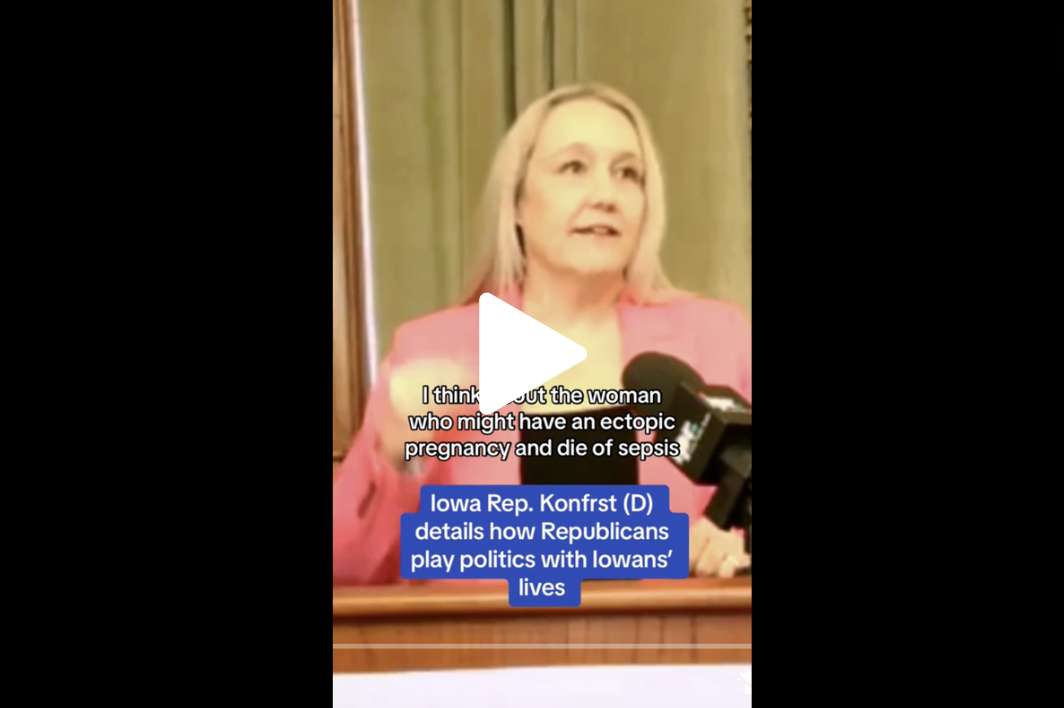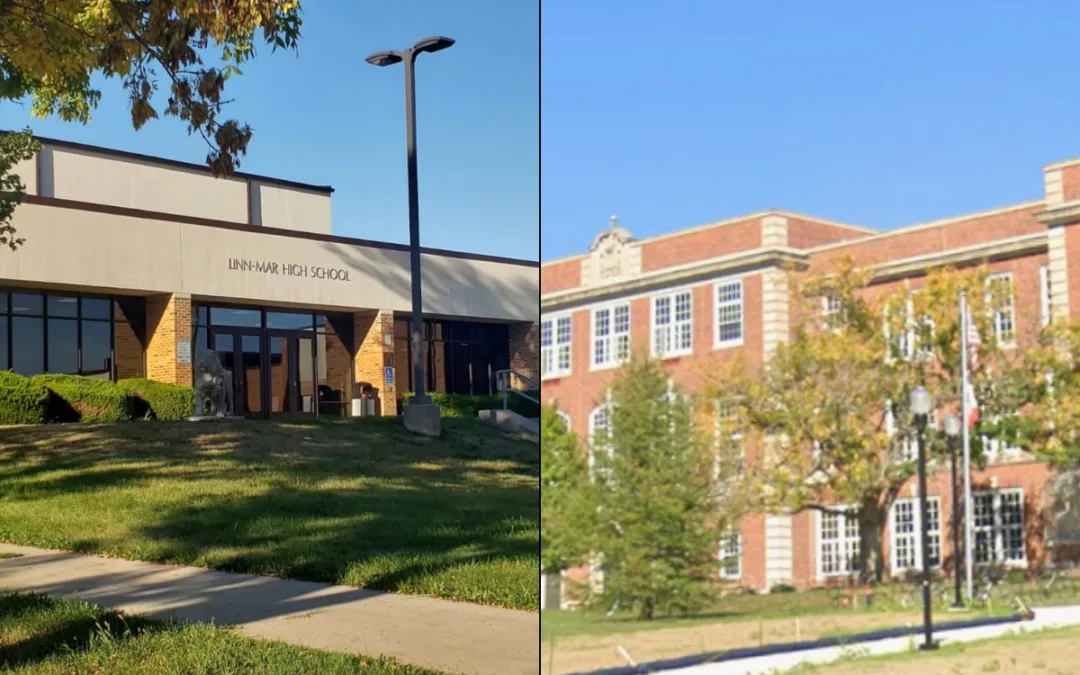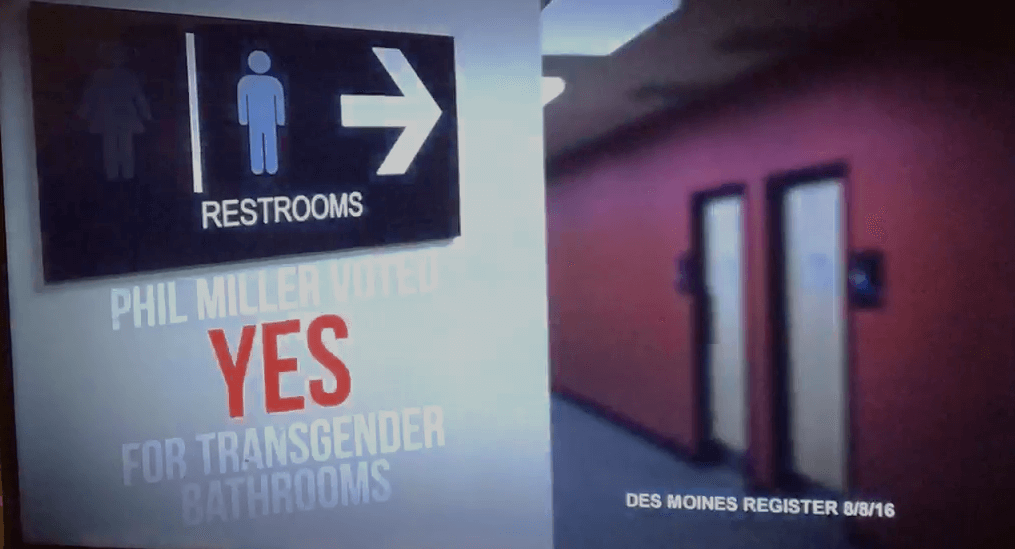
In the midst of a new national debate on transgender soldiers serving in the military, voters in Southeast Iowa were seeing their TVs inundated with campaign ads about transgender bathrooms. Their target was Phil Miller, the Democratic candidate in the House District 82 special election, who had voted on the school board to keep in place a policy on transgender students using the bathroom of their gender identity. But the local issue took on a national feel following President Donald Trump’s tweets indicating that he would enact a ban on transgender soldiers serving in the military.
At the time, Trump’s action seemed aimed at shoring up his support among evangelicals and keeping conservatives happy in case he decided to fire Attorney General Jeff Sessions. And Republicans have used fear-mongering over transgender kids before in other states to whip up their base and drive a cultural narrative against Democrats. It hadn’t been used much in Iowa before, nor have Republicans in the Legislature pushed many bills on the topic in recent years.
However, Iowa Republican campaign advisers must have thought the issue would resonate with voters in the rural district. Some political observers in Iowa believe that Trump’s victory in the state was in part due to underlying cultural biases that led working class white voters to leave the Democratic Party. Fairfield, the largest town in House District 82 with a population of about 10,000, had gone through a long and contentious public controversy over transgender bathroom policies in 2016, and Republicans hoped to reignite that debate to weaken Miller.
But it didn’t work. At all. And the strategy may have actually severely backfired given Miller’s convincing victory that outpaced even Barack Obama’s levels of support in the district.
Miller defeated Republican Travis Harris last night by ten points, 54% to 44%, far better than Democrats’ most optimistic hopes. That’s a swing in favor of Democrats of 32 points, given that Trump defeated Hillary Clinton in the district by 22 points. And it’s even an improvement over Obama’s 2-point margin of victory over Mitt Romney in the district in 2012.
How did Miller pull off such a convincing victory? The biggest factor was his landslide win in his home county of Jefferson, home to Fairfield and the site of last year’s transgender debate. As Starting Line reported last week, the very recent suicide of a transgender 13-year-old had many locals upset that Republicans were inflaming the issue at a sensitive time for the community.
Miller beat Harris by a more than two-to-one margin in Jefferson County, raking in 2,792 votes to Harris’ 1,200, with two other candidates getting a combined 56 votes. An extensive absentee balloting effort proved decisive there, with Miller winning a ridiculous 83% of the early vote, 1,886 to 376.
Phil Miller wins Jefferson County 2,792 to Harris' 1,200 #IAlegis pic.twitter.com/ifkQswZmCQ
— Libby Meyer (@libmeyer) August 9, 2017
Trump and Clinton battled to a tie in Jefferson County, each getting about 46% there last November. Miller won it 69% to 30%. That’s also an improvement over Democrat Curt Hanson’s 56% to 43% victory in the county in the 2009 special election.

Miller celebrates upon hearing he has won (photo via Mike Weinard)
It’s difficult to tell just how much the margin in Jefferson County was caused by backlash to the Republican TV ads. Miller is very well-known in his home county, working as a veterinarian and serving on the school board. In 2009 Hanson’s Republican opponent was also from Jefferson County, and this year the Republican candidate was from Davis County. And Fairfield has a liberal lean thanks in part to the Maharishi University that’s located there and the large population of transcendental meditators that call Fairfield home.
Still, a 39-point victory for a Democrat in a county where their presidential candidate was tied in just nine months ago is certainly something. If nothing else, the Republican ads thoroughly failed to move voters away from Miller. That mirrored in a way the 2009 special election, where Republicans tried to use fears over the then-recent Varnum decision that legalized gay marriage in Iowa, making it one of the first states to do so. Scapegoating LGBTQ Iowans failed both times in Southeast Iowa.
But there was also movement in the two much more rural counties in the district. Harris carried Davis County 63% to 36% and Van Buren County 61% to 36%. While those are still big margins for Republicans, Miller bested Clinton’s percents there by 11 and 12 points. Clinton received only 25% of the vote in Davis County and 24% in Van Buren. It isn’t quite back to Obama levels (41% in Davis and 40% in Van Buren in 2012), but it’s headed in the right direction.

From the Secretary of State’s website
Democrats would be perfectly happy to get back to pre-2010 numbers in some of these rural Iowa counties, where the margins in the ones they lost weren’t so bad that they couldn’t be made up elsewhere.
Republicans may now rethink their future campaign strategies on LGBTQ issues. Trump probably did not help matters by targeting transgender soldiers – it’s not as easy to rile up public opposition to people who are willing to give their lives for the country. On a local level, it doesn’t bode well for the Fairfield school board candidates who are running in next month’s election specifically in order to oust the superintendent who defended the transgender bathroom policy.
Finally, yesterday’s election results should be reassuring news to LGBTQ Iowans who wonder about calling Iowa home. A Democratic candidate stood up for transgender students in the face of public outcry, was attacked for it in campaign ads, didn’t back down, and was still supported by the voters in impressive numbers. Iowa has been on the forefront of equality issues in recent years, but the subject of transgender rights has been a trickier subject for some to accept. This is one example where it wasn’t a political detriment to support those rights.
by Pat Rynard
Posted 8/9/17
Politics
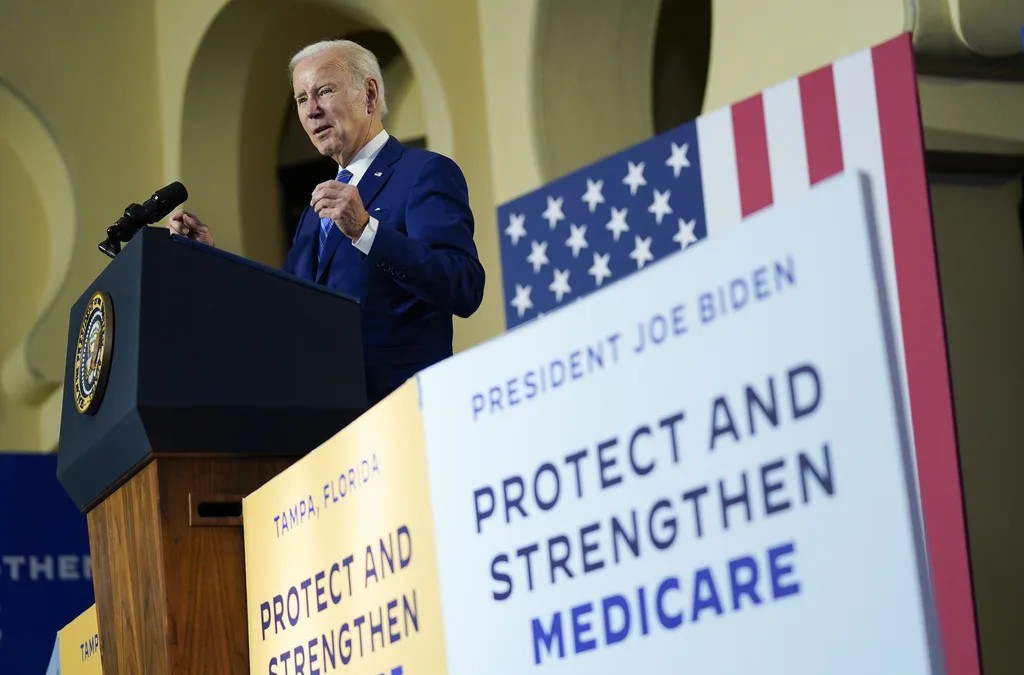
The Republican war on Medicare raises the stakes in 2024
Nearly 670,000 Iowans rely on Medicare benefits—benefits they spent decades paying into, with the promise that the program would be there for them...
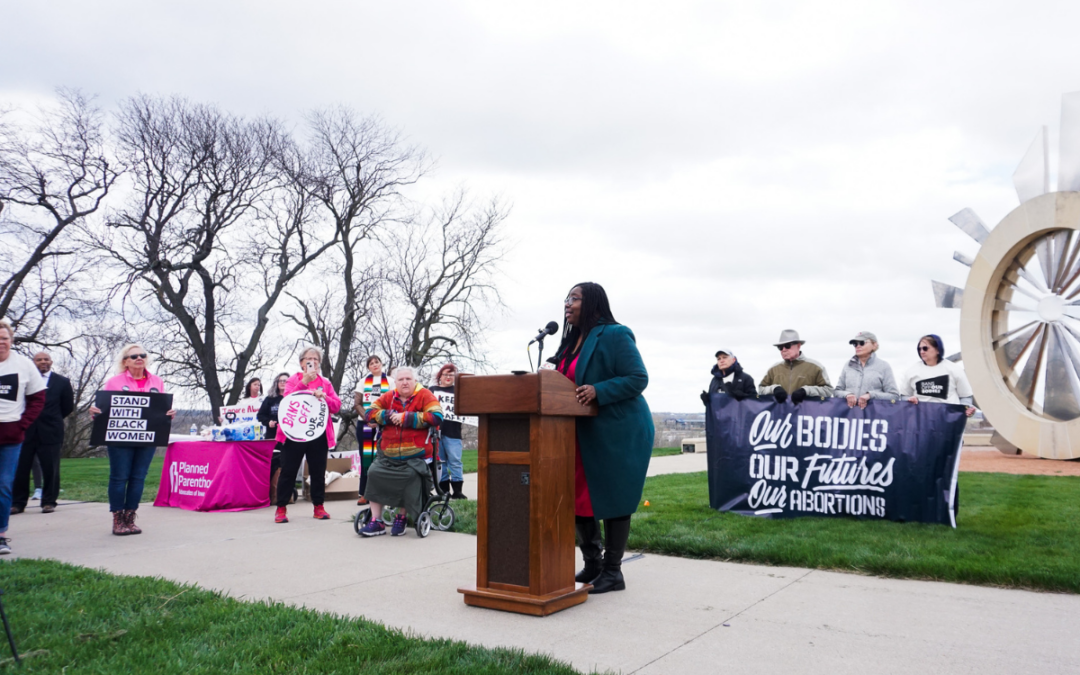
Abortion supporters rally before Iowa Supreme Court arguments
Abortion saved her life seven years ago and Leah Vanden Bosch is more grateful for it now than ever. Vanden Bosch, who serves as the development and...
Local News

No more Kum & Go? New owner Maverik of Utah retiring famous brand
Will Kum & Go have come and gone by next year? One new report claims that's the plan by the store's new owners. The Iowa-based convenience store...

Here’s a recap of the biggest headlines Iowa celebs made In 2023
For these famous Iowans, 2023 was a year of controversy, career highlights, and full-circle moments. Here’s how 2023 went for the following Iowans:...





